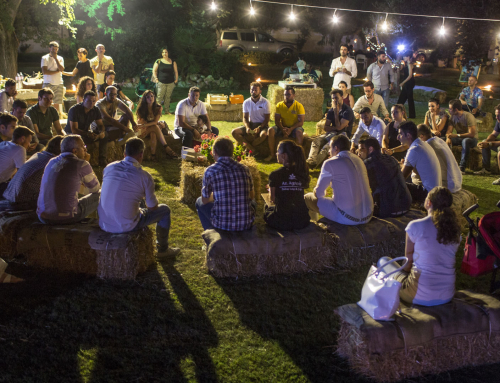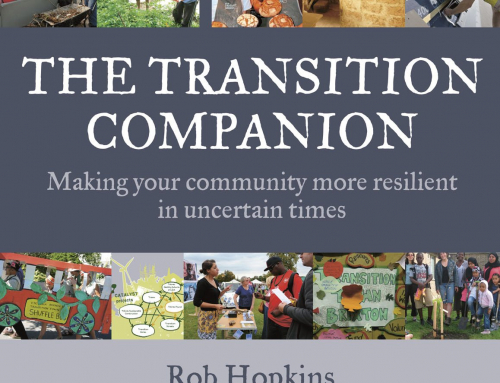A Pimms-enhanced party at Demos, in London, was held to launch a new strategy for the organization called Building Everyday Democracy. According to the think tank’s director, Tom Bentley, “politics is fighting a losing battle against forms of theatre and spectacle that are more entertaining, and forms of conversation and social exchange that are more meaningful to citizens. Without more direct citizen participation, the legitimacy of our political institutions will continue to declineâ€. Democracy, for Bentley, should be understood as “part of a capacity for self-organsation†– and his pamphlet describes numerous neighbourhood-based models and institutions as infrastructures of distributed democracy. The Demos project is interesting, and timely, but somehow lacks cultural fizz. At the end of the nineteenth century, the promise of speed and simultaneity, amplified in popular and scientific culture, drove modernity along. The opportunity, now, to “build local democracy†feels a good deal less mesmerizing. The same goes for the “everyday design” we pay attention to in Doors: there’s always a danger of being worthy but dull. A cultural- aesthetic transformation will also be needed if political renewal is to have a chance.



